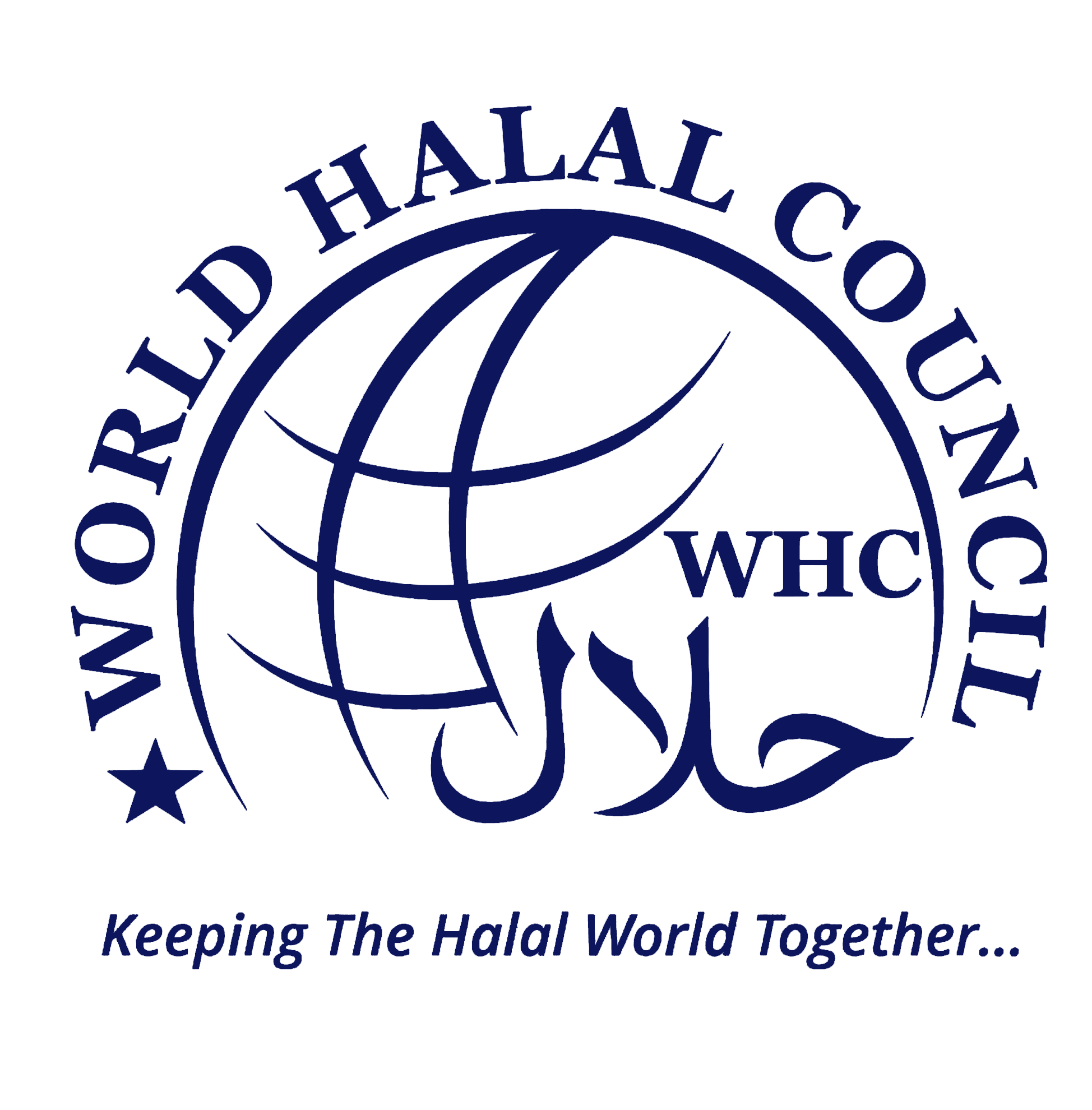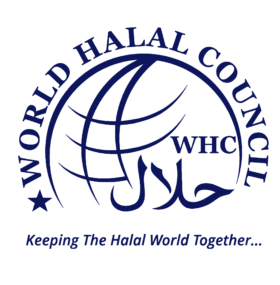Dr. Hüseyin Kami BÜYÜKÖZER
Below is a summary of the work carried out: New membership applications were evaluated at the meetings held on Thursday and Friday; members whose observer membership status had expired were accepted as full members. As is known, according to the WHC membership requirements, an institution whose application is accepted is granted observer member status for a minimum of two years. If no adverse events are detected during this period, it is appointed as full member.
The meeting also included an exchange of information on the potential role of Artificial Intelligence in Halal product production and certification, as well as on artificial meat.
A detailed presentation was made by UK Veterinarian Dr. Amir Rasheed on the development, technology, and related scientific studies of artificial meat.
It was stated that GIMDES examined this issue long ago from both technical and Islamic perspectives and ultimately concluded that it was inappropriate.
Similarly, it was emphasized that the consumption and use of protein derived from insects and similar vermin is not permissible. As you know, some groups in Asia and the West argue that animals like cows and sheep allegedly cause environmental pollution, while others argue that slaughtering animals should be abandoned to protect animal rights, and that instead, insect protein and artificial meat should be consumed. Some religious figures, lacking expertise on the subject, claim that such products are permissible without sufficient evaluation. Therefore, we believe that responses to such unfounded claims should be prepared as appropriate.
At the end of the meeting, it was decided that the 2026 General Assembly will be held in Pakistan.
On the last day of the General Assembly, Halal certification bodies that are not members of the WHC also attended. At this meeting, attended by numerous delegates from many countries around the world, from Chile to Australia, from Zimbabwe to the UK, from Uganda to Japan, the main theme was “Unity.” It was emphasized that non-Muslim institutions and governments view Halal solely as a profitable business and employment opportunity, while Halal certification is treated as a technical matter, posing a significant risk to true Halal certification. It was urged that Halal certification bodies should work together, cooperate, and, despite disagreements on certain issues, avoid disagreements on common ground. All participants expressed their agreement on this matter and stated that they would continue their work, regarding Halal as a trust.
The meeting concluded after consultations on how cooperation and information sharing should be implemented.
H20 meetings were also held on Saturday and Sunday, hosted by the Indonesian organization BPJPH.


